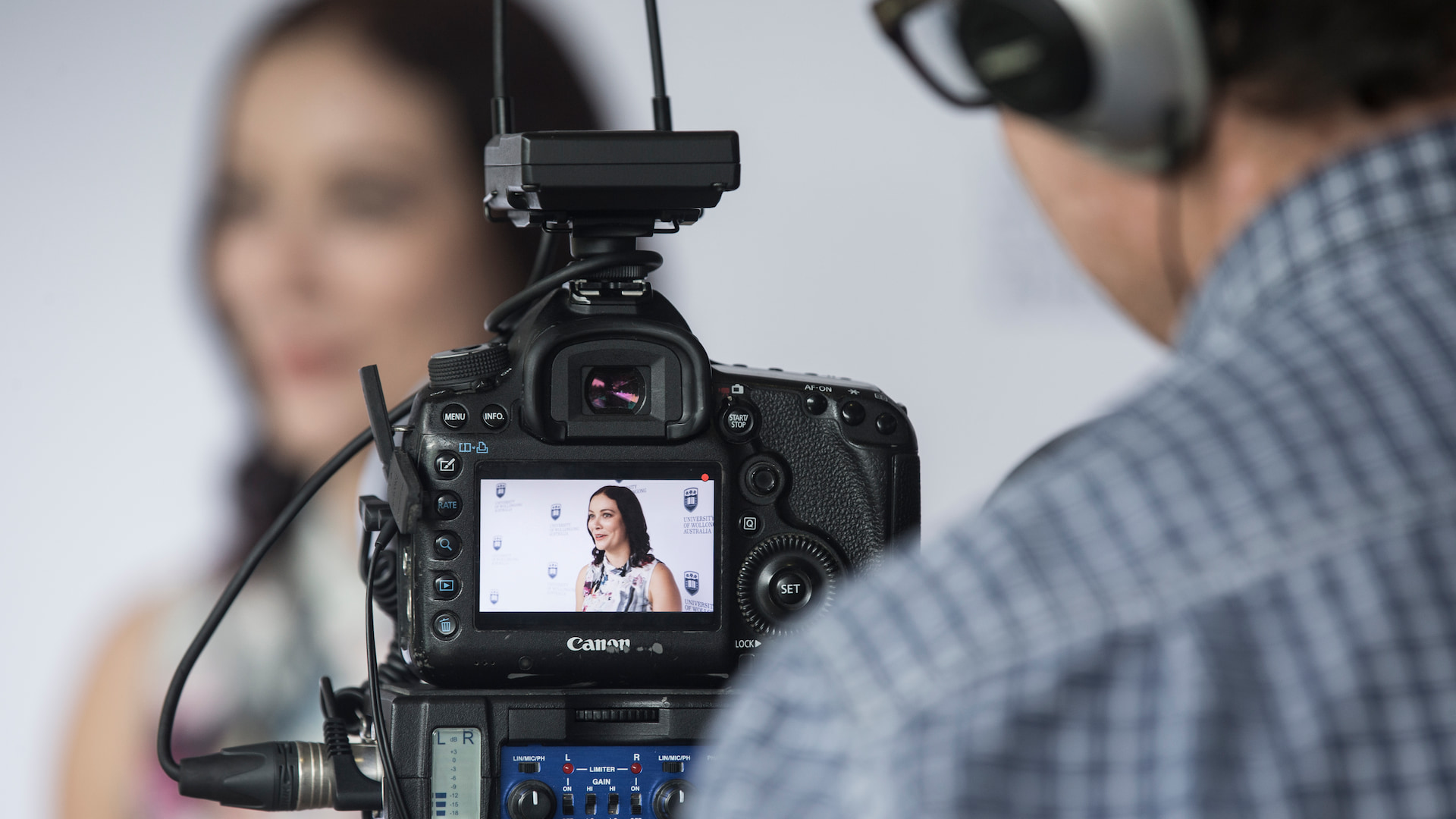September 2, 2025
UOW expert commentary (2 September)
UOW academics provide expert commentary, opinion and analysis on a range of ongoing and breaking news stories
Women's Health Week
Associate Professor Theresa Larkin can discuss Women’s Health Week (1 – 5 September). can talk about female sex hormones and their effects across the menstrual cycle on physical and mental health, pregnancy related hormones, back pain during pregnancy, and limitations of previous research in women’s health. teaches in the Graduate School of Medicine and is an expert in clinical anatomy, hormones and health. She currently has a research partnership with a vascular surgeon to examine the role of pelvic vein obstruction in chronic pelvic pain.
National Asthma Week
Dr Sue Downie and Professor Rowena Ivers can provide expert commentary on National Asthma Week (1-7 September). can discuss the health risks of gas cooking – specifically the respiratory pollutants it produces and their impact on people with asthma. She offers practical advice on reducing exposure to protect lung health. Dr Downie, Senior Lecturer in the School of Medical, Indigenous & Health Sciences, is an expert in asthma, respiratory physiology and lung diseases.
is a general practice academic and active physician dedicated to justice and equity in health service delivery and research. Dr Ivers is the Academic Leader: Community Based Health Education in the Graduate School of Medicine, with a focus on improving primary health care and prevention for communities locally and internationally.
US politics and trade tariffs
Professor Markus Wagner can talk about US President Donald Trump, US politics, constitutional law and trade tariffs. is an internationally recognised expert in international economic law and governance, international peace and security, as well as US and Australian constitutional law. He is the Director of the at UOW.
International Literacy Day (8 September)
Dr Lauren Weber can discuss International Literacy Day (8 September). is a lecturer in the School of Education. She specialises in the teaching and learning of literature and English as a subject from primary to tertiary contexts.
Could a ‘cortisol cocktail’ really reduce stress and boost energy?
Associate Professor Theresa Larkin can discuss one of the latest wellness trends on social media - cortisol cocktails. for The Conversation she writes:
Proponents claim the drink – which is made with ingredients including orange juice, coconut water and salt – can lower high cortisol levels and help with “adrenal fatigue”. This in turn is supposed to lead to a range of benefits, from reduced stress to improved energy levels. But can a cortisol cocktail really achieve these things? And do we actually need to lower our cortisol levels in the first place?
teaches in the and is an expert in anatomy and medical science.
UOW academics exercise academic freedom by providing expert commentary, opinion and analysis on a range of ongoing social issues and current affairs. This expert commentary reflects the views of those individual academics and does not necessarily reflect the views or policy positions of the University of С»ĆĘé.
